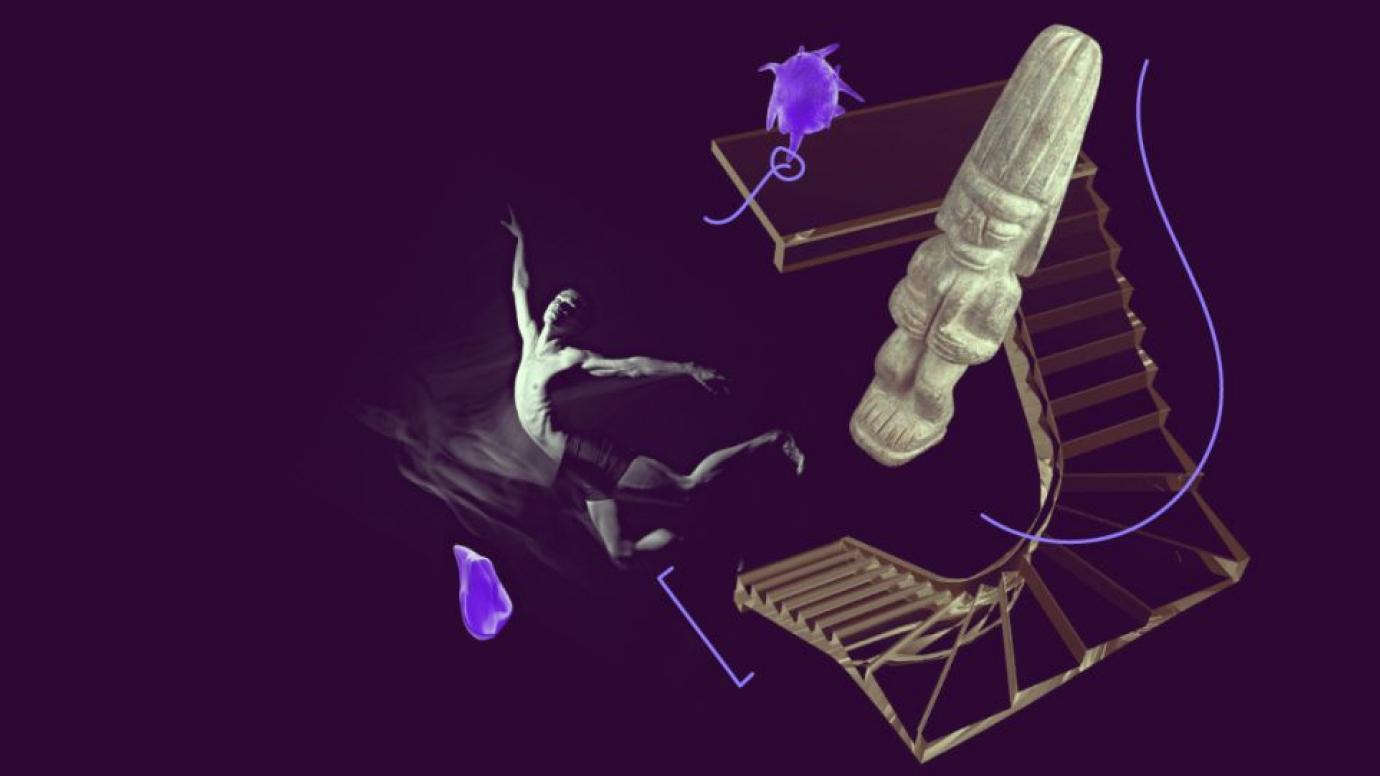MSCA opens €78.5m call for Staff Exchanges
The Staff Exchanges action offers a unique opportunity to boost knowledge transfer and innovation through international research cooperation projects.

The Marie Skłodowska-Curie Actions Staff Exchanges 2023 call is open as of today. The deadline to submit proposals is 28 February 2024.
The European Commission will allocate €78.5 million to fund around 75 projects promoting cooperation between organisations in the EU and around the globe in research and innovation.
About Staff Exchanges
MSCA Staff Exchanges promote innovative international, inter-sectoral and interdisciplinary collaboration in research and innovation through exchanging staff and sharing knowledge and ideas at all stages of the innovation chain.
The scheme fosters a shared culture of research and innovation that welcomes and rewards creativity and entrepreneurship and helps turn ideas into innovative products, services, or processes.
The MSCA are open to all domains of research and innovation, chosen freely by the applicants, and have a strong focus in interdisciplinary, international and intersectoral cooperation.
Staff Exchanges
- support collaborative projects addressing this triple dimension spanning all research fields
- provide specific opportunities to promote international cooperation between the academic and non-academic spheres
Innovation and knowledge transfer
Secondments are the core of Staff Exchanges. Selected projects will exchange and train researchers and innovators, as well as administrative, technical or managerial staff involved in research activities.
Participants will go abroad for up to 12 months to enlarge their networks, exchange knowledge, and carry out cutting-edge research.
This call will help researchers and relevant staff in different career stages gain new skills and competencies, in line with the priorities of the European Year of Skills, which focuses on lifelong learning and gaining skills for quality jobs.
International consortia
Through Staff Exchanges, organisations can form international partnerships with other leading organisations, strengthen long-term collaborations and increase their capacities.
Staff Exchanges projects are highly international, intersectoral projects, implemented by consortia involving several organisations from the EU, countries associated to the Horizon Europe programme and very often organisations from third countries.
Who can apply?
To be eligible, consortia must be made of at least three organisations in three different countries. Two of these must be in separate EU Member States or Horizon Europe associated countries. Beyond that, organisations from any country in the world may participate.
Organisations from all socioeconomic sectors in any country can apply to Staff Exchanges. This includes organisations such as
- higher education institutions
- research institutions and infrastructures
- private sector organisations, including industry, businesses, and small and medium-sized enterprises
- public sector organisations, including national, regional, and local governments, agencies, and museums
- other socio-economic actors, including non-governmental organisations, charities, etc.
Participating organisations host and train seconded staff from other project partners at their own premises, and second staff abroad to other organisations in the consortium.
However, the participation modalities differ depending on where the organisation is based.
Organisations based in EU Member States and countries associated to the Horizon Europe programme can participate as beneficiaries, meaning that they are automatically eligible for funding and can second, host, and train staff members
Organisations based in all third countries can participate as associated partners.
- Low and middle-income third countries can second their staff, and host and train seconded staff from other partners in EU Member States and countries associated to the Horizon Europe programme under the project’s costs (see specific conditions in the MSCA Work Programme)
- Organisations based in high-income third countries can host and train seconded staff from other partners in EU Member States and countries associated to the Horizon Europe programme under the project’s costs, but they can to second their staff members only under their own expenses. Some countries such as Japan, Canada and Brazil have set up complementary funding mechanisms for this purpose. Interested organisations should refer to the relevant national authorities.
If you are not sure about your country’s status, have a look at the list of participating countries to Horizon Europe.
Indicative timeline
-
5 October 2023: opening of the call for proposals
-
28 February 2024: deadline to submit proposals
-
June 2024: notification of call results to applicants
-
June-September 2024: grant agreement signature for successful projects
-
September 2024: first EU-funded projects start
Find out more and apply
Last updated:


